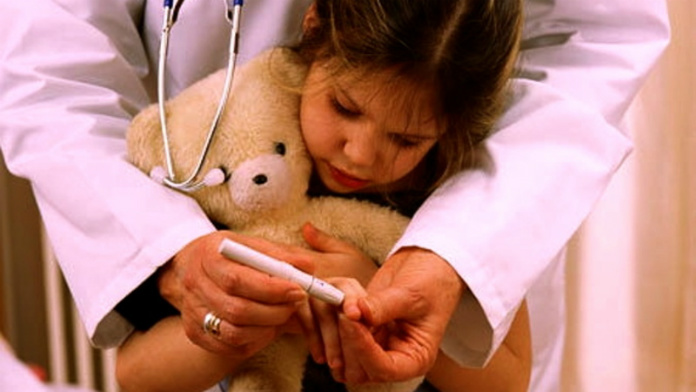Accompanying allowance for diabetic children. The INPS carer’s allowance arrives for children forced to live with type 1 diabetes, therefore “insulin-dependent”. They need permanent help to take insulin until they are old enough to take the life-saving injection.
In this article
Carer’s allowance for diabetic children: here is the explanation of the High Court
Second the Supreme Court judges “the fact that they lead a normal life does not affect their right to help”. The Cassation explained that «the incapacity required for the recognition of the carer’s allowance is not commensurate with the number of elementary acts per day, but with their impact on the health of the patient and on his dignity as a person. Even the incapacity to perform a single type of act can attest, due to the relevance of the latter and the unpredictability of their occurrence, the need for effective daily assistance”.
How the device to automatically inject insulin works
The High Court then accepted the appeal of a mother. The lady was forced to take time off work in order to give her daughter an injection at school. The INPS had denied her the accompanying allowance in favor of the child. The judges of the court of Sondrio had agreed with the Istituto Nazionale di Previdenza.
The judges recall that in November 2015 the girl used a pump that delivers insulin 24 hours a day. It was the mother who managed this device for recharging the insulin and dispensing the life-saving drug. Every day the mother had to leave her job to reach the elementary school that her daughter attended. So she could proceed to the life-saving therapy of the child.
Carer’s allowance for diabetic children: you need to be sure that the person applying for the allowance needs it
Since attending middle school, the daughter was able to use the dispenser on her own. In this way she no longer needed parental intervention. For the years from 2015 to 2018, the mother requested recognition of her daughter’s right to the allowance. The Supreme Court agreed with her. The judges argued that the INPS should also assess the situation “in light of the age and psychophysical conditions” of those requesting accompaniment. When it comes to children, it must be kept in mind when they still do not possess “the ability to understand the meaning, the scope, the necessity, the importance of the daily acts on which their life depends”.

